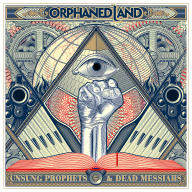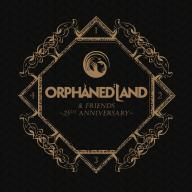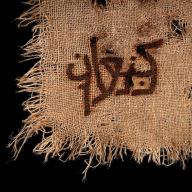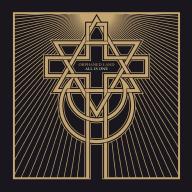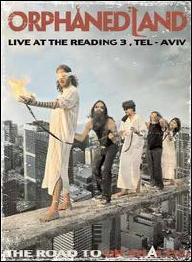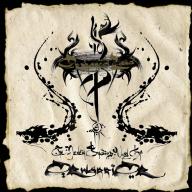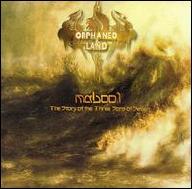Founded in 1991 under the original name of Resurrection, Orphaned Land quickly drew attention to their unorthodox style via 1992's The Beloved's Cry demo (later issued on CD in 2000) and then contracted with France's Holy Records and issued two well-regarded albums in 1994's Sahara and 1996's El Nora Alila. During this productive period, the band's lineup consisted of Kobi Farhi (vocals), Yossi Saharon (lead guitar), Matti Svatitzki, (rhythm guitar), Uri Zelcha (bass), Itzik Levy (keyboards), and Sami Bachar (drums), but internal dissension, not to mention their relative geographic isolation from the international rock spectrum, ultimately drove them apart.
A six-year silence ensued, but in 2001 Orphaned Land decided to reunite for a series of concerts and a one-off acoustic set. The enthusiastic response to these showed that their original albums had gradually seduced a large number of fans throughout the Arab world, and proved reason enough for a more permanent reunion to take place. So after obtaining new members Eden Rabin (keyboards) and Avi Diamand (drums), Orphaned Land struck a new deal with Century Media and released their long-awaited third album, Mabool (The Story of the Three Sons of Seven), in 2004. The follow-up to Mabool, the conceptual The Never Ending Way of ORwarriOR, arrived in 2010, and was produced and mixed by Porcupine Tree's Steven Wilson. Released in 2013, All Is One was the first outing for new guitarist Chen Balbus, who replaced co-founding member Matti Svatitzki the year prior, while 2018's conceptual Unsung Prophets Dead Messiahs, mixed, engineered, and produced by Jens Bogren, featured a guest appearance by Genesis guitarist Steve Hackett. ~ Eduardo Rivadavia, Rovi
|
1
|
|
Brother |
|
2
|
|
Estarabim |
|
3
|
|
All Is One |


